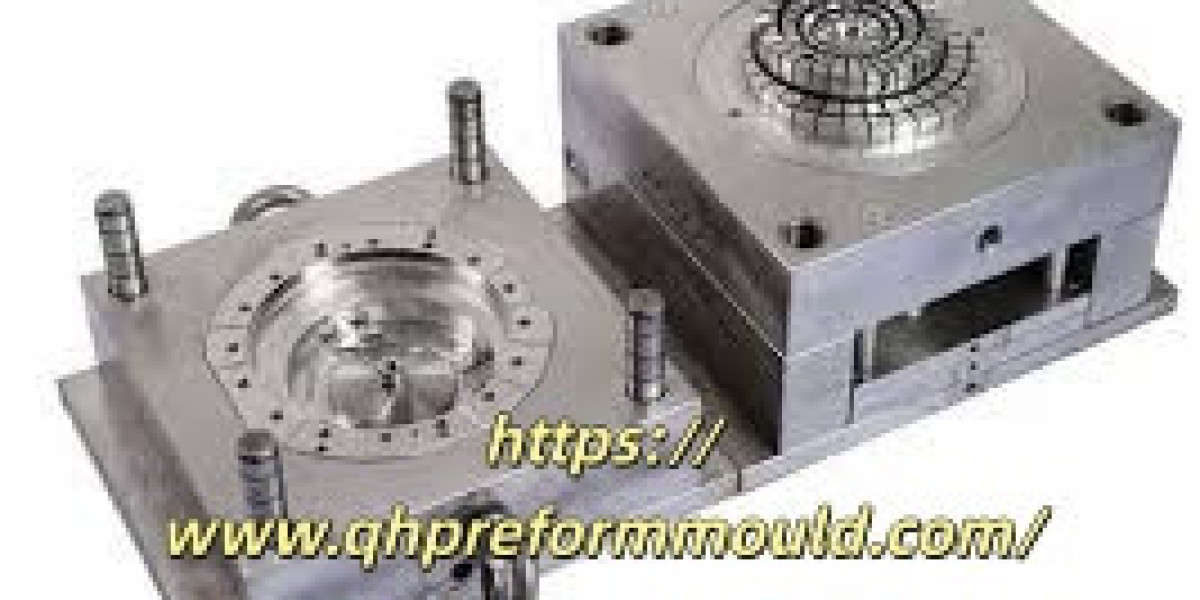In contemporary manufacturing, the Plastics Mould has become an essential tool for producing high-quality components with precision and consistency. This critical equipment allows manufacturers to create uniform plastic items efficiently, meeting the increasing demands of industries such as packaging, beverage, and consumer goods. By ensuring dimensional accuracy and reducing material waste, it contributes to both operational efficiency and sustainable production practices.
One of the main advantages of using this type of mould is its capability to optimize production speed without compromising product quality. Modern designs incorporate advanced cooling channels, precise cavity shaping, and efficient material distribution systems. These features reduce cycle times, improve output, and ensure that every component meets stringent quality standards. For manufacturers, this translates into reliable production runs and lower defect rates.
Versatility is another key factor. High-quality moulds can accommodate a wide range of plastic materials, including PET, HDPE, and PP. Each material has unique characteristics that require specialized configurations to achieve the desired product attributes. A well-engineered mould ensures consistent wall thickness, smooth surface finishes, and proper neck geometry, all of which are crucial for subsequent processes like blow molding, labeling, and filling.
Durability and maintenance are also critical considerations. Moulds are typically crafted from high-grade steel or alloy materials that resist wear and corrosion. Regular maintenance, including cleaning, inspection, and lubrication, extends the tool's operational life, ensuring consistent performance over thousands of cycles. Investing in durable moulds reduces downtime, minimizes maintenance costs, and supports continuous manufacturing operations.
Precision engineering plays a central role in producing reliable components. Computer-aided design and computer numerical control machining are often employed to achieve highly accurate dimensions and tolerances. This level of accuracy ensures that parts fit perfectly in assembly lines and maintain quality standards across large production batches.
Overall, the adoption of advanced mould technology allows manufacturers to balance efficiency, quality, and versatility. By combining precision engineering with durable materials, companies can produce reliable, high-quality plastic components that meet market demands while minimizing waste and operational costs.
For more information, visit https://www.qhpreformmould.com/product/plastic-preform-moulds/


![Netflix Streaming via Kodi – Setup & Guide [2024]](https://godscoop.com/upload/photos/2025/11/4Ey5aPE8PI1NoA3t8prD_29_e65436260b0b409a486e4a2e81166b00_image.png)
